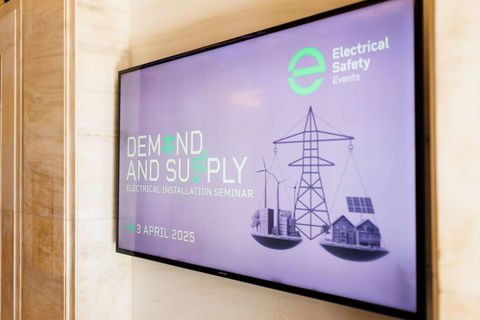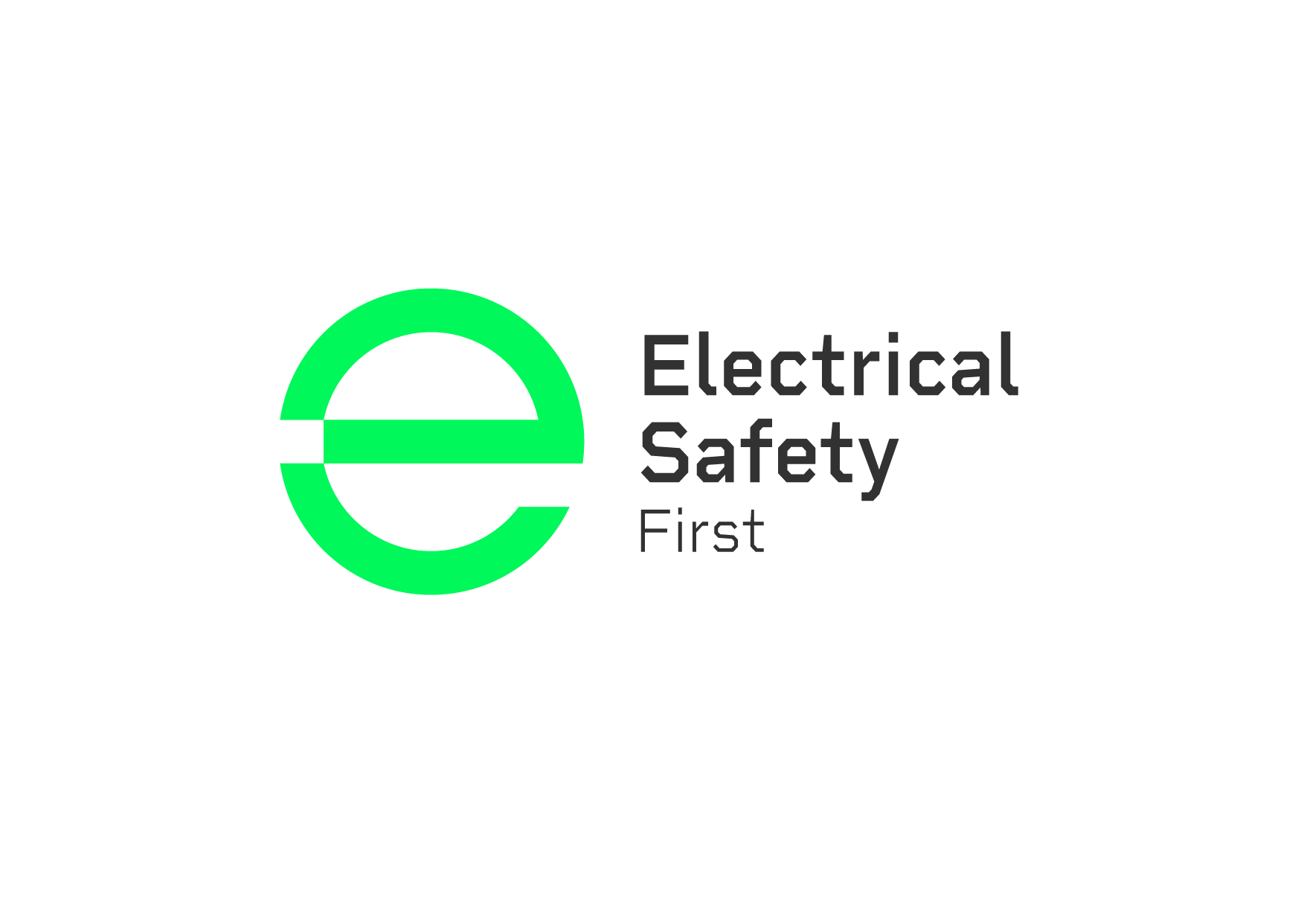Electrical industry must modernise now to prepare for a low-carbon, electrified future. Policies that support the UK energy transition must go “hand-in-hand" with safety. Huge shifts in consumer behaviour driving a need for better legislation. Investing in resilience is essential for the net zero pathway to be successful.

As the UK heads towards a low-carbon electrified future, the need for the electrical installation industry to modernise was under the spotlight at the 2025 Electrical Installation Seminar.
Organised by Electrical Safety First, the theme for the event was Demand and Supply, focused on issues associated with infrastructure modernisation and the increasing demands on the UK’s building stock.
Opening the event, Lesley Rudd, CEO of Electrical Safety First, stressed the need to ensure safety is embedded in every stage of the move to low-carbon energy, saying: “It must be at the heart of technology and policy decisions, it can't be an afterthought. We must act decisively to prevent electrical hazards undermining public confidence in net zero.”
“We need policies that support the transition, but they must go hand-in-hand with safety. The pathway to net zero cannot be achieved without investing in resilience. Today's seminar is not just about ambition, it's about action.”
Her words were echoed by Liberal Democrat peer Lord Don Foster, who gave the opening keynote address to the seminar and spoke about the transition being “safe, fair, and effective” and that the “accelerated shift towards electrification must have safety as integral from the very outset.”
He said: “Renewables have generated a record 45 per cent of the UK power. We are witnessing a huge shift in consumer behaviour and, as we navigate this rapidly changing landscape, all these developments hinge on safe electrical installations. The transition to net zero is fuelling demand so we must strengthen the laws.”
Held at the historic IET building in Central London on 3 April, the half-day was split into three main sessions, tackling energy transition, energy as a service (EaaS) and an overview of the £600 million construction sector funding recently announced by the government, along with a series of quickfire five-minute presentations highlighting new research and industry developments.
Expert speakers discussed how energy provisions and services are changing and the subsequent impact on the workforce in terms of safety, quality and competency requirements. Sponsored by CEF and elementalLondon, the seminar was attended by approx. 100 experts and industry leaders.
For more on the event and to view photos and videos, visit: electricalsafetyfirst.org.uk/seminar
